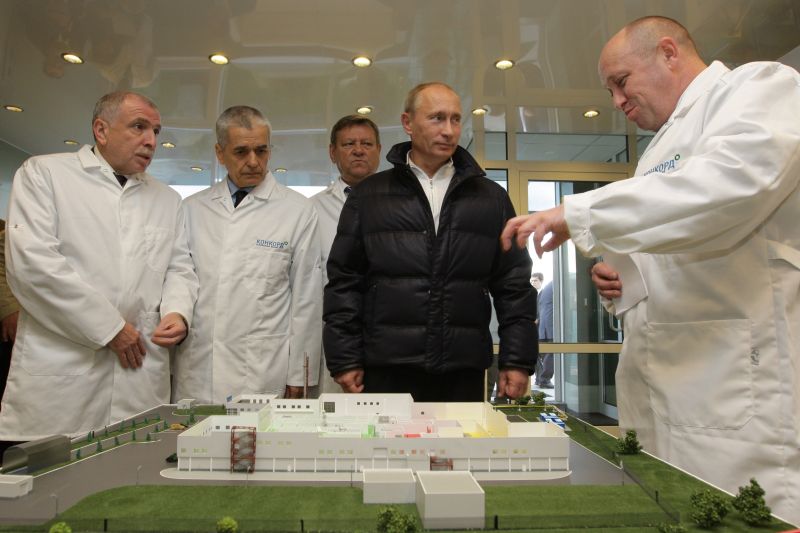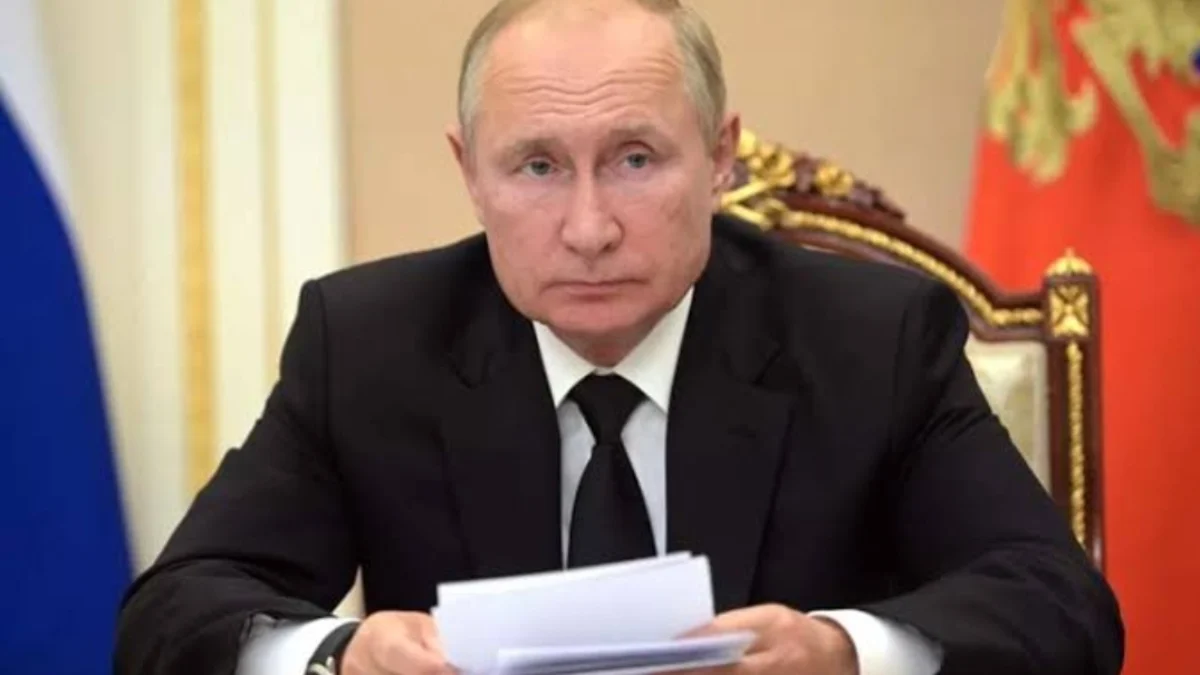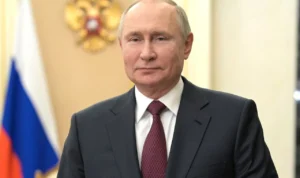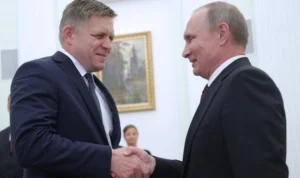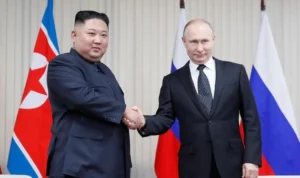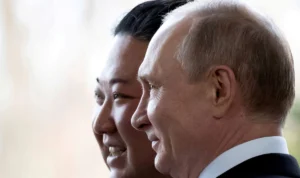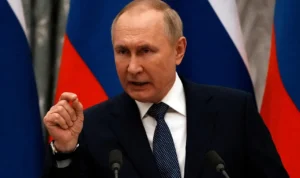But after tens of thousands of people died in the war in Ukraine, that grip no longer seems as firm as it once was, at least according to those who closely watch Russian domestic politics.
This culminated in Prigozhin leading the Wagner Group out of Ukraine to push into Russian territory and on the verge of reaching Moscow, to punish Russian military leaders, particularly Shoigu and Gerasimov.
Putin’s relationship with Prigozhin was no longer close after Prigozhin repeatedly criticized Russian military leaders for betraying the Wagner Group and refusing to provide ammunition to the mercenaries.
Prigozhin may have stopped his political adventures, but what he did has exposed the fact that Putin may not be as tough as he once was.
“I don’t think he fully controls Russia. He is still President, but now all the clans in factions within the government, the military, and most importantly, the security services, feel that ‘post-Putin Russia’ is approaching,” Mikhail Zygar told The Atlantic.
Zygar is the former Editor-in-Chief of Dozhd TV in Russia, which Putin shut down in the early days of the invasion of Ukraine.
Zygar may be right, but Wagner’s rebellion could be Putin going all out in Ukraine, sending a message to Putin’s opponents and allies, as well as the Russian people, that he is still in charge.
READ ALSO : If Russia Collapses, ‘We Will All Die’, Says Belarus President
However, Putin, who is often said to have “created” people like Prigozhin to counterbalance silovoki figures like Sergei Shoigu, is now dependent on a handful of factions within his inner circle.
In fact, for an authoritarian leader like Putin, the presence of balancing factions is a guarantee for a strong grip on power because that way the people around him are constantly competing with each other.

